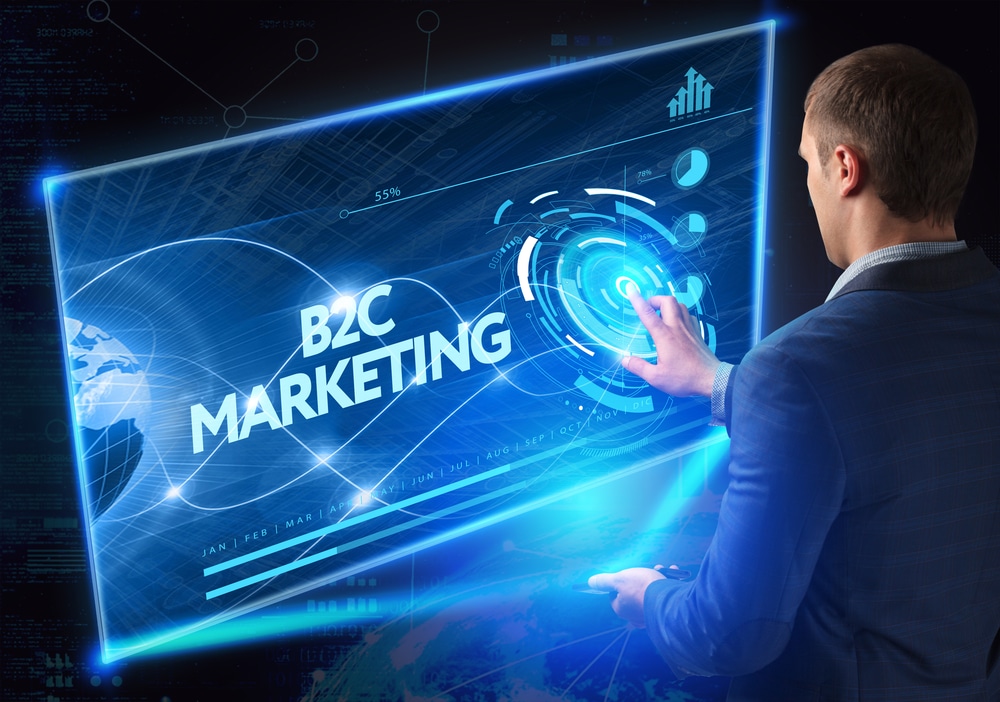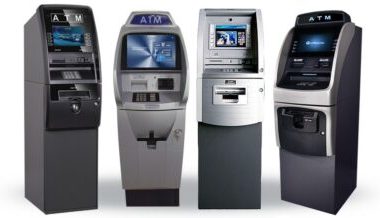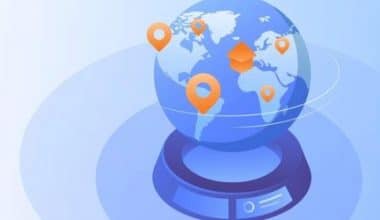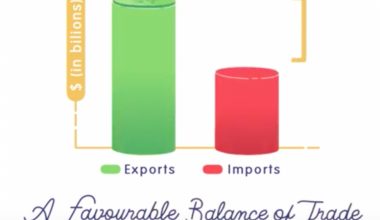What is B2C Marketing?
B2C marketing refers to all marketing strategies and tactics used to promote products or services to end consumers. Unlike B2B marketing, which is often based on building long-term personal relationships and focusing on customer education, B2C marketing aims to evoke an emotional response and capitalize on brand equity.
B2C marketers know that their customers are impulse buying and generally make buying decisions independently. You can be influenced by several factors, including a fashion brand, quality customer service, convenience (fast and free shipping), and social evidence.
However, because not all buyers respond to the same marketing methods, good B2C marketing depends on market segmentation and targeted messaging. To create effective advertising campaigns, marketers need to consider best practices for each channel and audience and adjust their efforts to get the highest return on investment possible.
Business-to-Consumer Sales Models
There are five business models in selling businesses to consumers online.
Direct seller
This is the type that most people are familiar with: they are the online retail websites that consumers buy products from. These can be manufacturers like Gap or Dell, or small businesses that make and sell products, but also online versions of department stores that sell products from a wide variety of brands and manufacturers. Examples are Target.com, Macys.com, and Zappos.com.
Online intermediaries
These “middlemen” bring buyers and sellers together without owning the product or service. Examples include online travel sites such as Expedia and Trivago, and the craft retailer Etsy.
Based on advertising
This approach uses large amounts of web traffic to sell advertising, which in turn sells products or services to consumers. This model uses free, high quality content to attract website visitors who then find advertisements online. Examples include media that do not have a paid subscription component, such as Huffington Post and Observer.com.
Community-based
This model uses online communities based on common interests to help advertisers market their products directly to website users. It could be an online forum for photography enthusiasts, people with diabetes, or members of marching bands. The best-known example is Facebook, which enables marketers to target ads to people based on very specific demographics.
Payment
These consumer direct pages charge a subscription fee to access their content. This usually includes publications that offer a limited amount of content for free, but most of which are charged, like the Wall Street Journal or entertainment services like Netflix or Hulu.
Businesses selling direct to consumers need to consider how their target customers plan to buy and purchase products like yours when considering various business-to-consumer options, whether those options include in-person or online transactions.
Business-to-Consumer(B2C) Marketing Strategies
Effective B2C campaigns start with extensive market research. To create effective messages and choose the right campaign elements, B2C businesses need to know who their customers are, what their preferences and weaknesses are, what they want, and where to find them.
Marketing people who represent specific segments of the market are often deployed to help marketers develop specific advertising campaigns.
Due to the rapid growth of the e-commerce industry and the growing influence of social media channels, B2C marketing strategies are constantly being developed. However, some of the most powerful strategies are:
- Social media advertising and marketing
- Paid search advertising
- B2C content marketing
- Junk mail
- Creative competitions
- Loyalty and reward programs
- Affiliate marketing
- SEO optimization
- Free giveaways and add-ons
- Influencer Marketing
- Mobile marketing first
Why is B2C Marketing Important?
The explosion of digital platforms in recent years has broken traditional marketing channels. To properly engage consumers, brands need to navigate a variety of touchpoints and customize their message for each scenario and platform.
Building and maintaining a strong brand image on digital channels is also extremely important as B2C businesses have more opportunities to connect with consumers and build brand loyalty.
Local search, SEO, branded websites, and social media are important aspects of B2C marketing and help companies reach potential customers and increase brand awareness.
Challenges in B2C marketing?
Modern B2C marketing is data-driven, personalizes brand interactions and makes the customer experience unique. There are many ways to fuel engagement, but also many obstacles that businesses encounter.
One of the biggest issues is addressing the privacy and personalization paradox, where consumers value personalized branded experiences tailored to their specific preferences while being skeptical of any personal data collection effort. to promote such initiatives.
Difference between B2C Marketing and B2B marketing?
The buyer’s people are different.
Both types of marketing target multiple buyers at the same time and create brand equity messages, but the types of people are very different. B2C buyers are typically the end users of that product or service. B2B buyers, on the other hand, often make purchases for a larger company. B2B employees can also include multiple influencers and decision makers instead of a single person.
The length of the sales cycle is different.
Consumer purchases also have much shorter sales cycles that require comparatively less research. However, larger ticket items such as cars and fridges are often exceptions as consumers are more likely to question these types of purchases.
Cultivating leads isn’t that long a process in the B2C world, although positioning the right content at the right stage of the buyer’s journey is still a top priority.
B2C marketing campaigns
B2C marketing campaigns start with in-depth market research. Businesses need to know who their customers are, what they want, and what messages they are replying to. Market research enables companies to create effective news and select campaign elements that appeal to specific audiences.
In today’s age of Internet interconnectivity, audiences are likely to spend a lot of time online. Because of this, some of the rules for developing an effective B2C campaign have changed. A successful B2C campaign must consider the internet and use tools such as company websites, affiliate programs, QR codes (quick response), and social media.
Social media is a common way to reach a large audience and connect with them on a more personal level. For example, if a satisfied customer “likes” a page on Facebook, this will be shown in all online relationships. So creating a fan website automatically generates advertising for a company. They can also see what customers are saying about your products and get more ideas for new campaigns.
Finally, as part of their social media initiatives, companies are also developing loyalty programs that give special discounts to customers who have previously bought from the company, followed online or commented on their website. This can motivate repeat business, a key to long-term business success.
The Future of B2C
E-commerce is here to stay. From 2000 to 2009, sales grew more than 500%, and that trend continued into the 2010s. Thanks to the increasing use of tablets and smartphones, e-tailing will continue to develop and expand. These mobile devices have become an integral part of communication culture. Social networks have become the most important marketing tool for companies.
U.S. retail e-commerce revenue increased from $ 34.1 million in 2009 to $ 154.5 million in 2019, driven by new technology and a decade of economic recovery in the U.S. The next decade will no doubt bring new challenges to some fixes as we test the limits of these expanding technologies.






